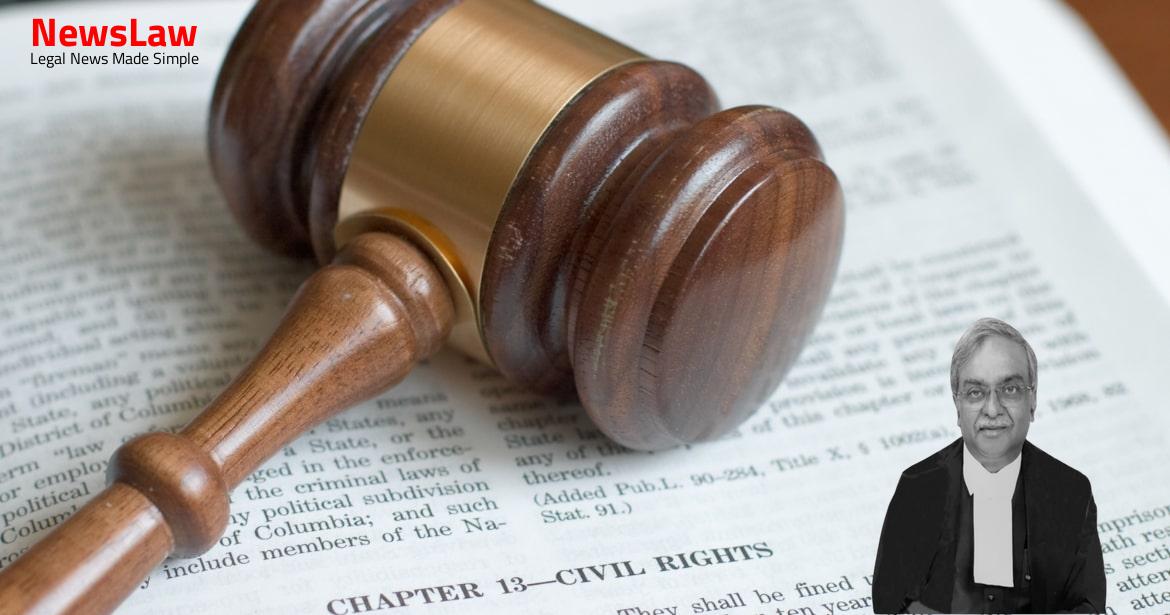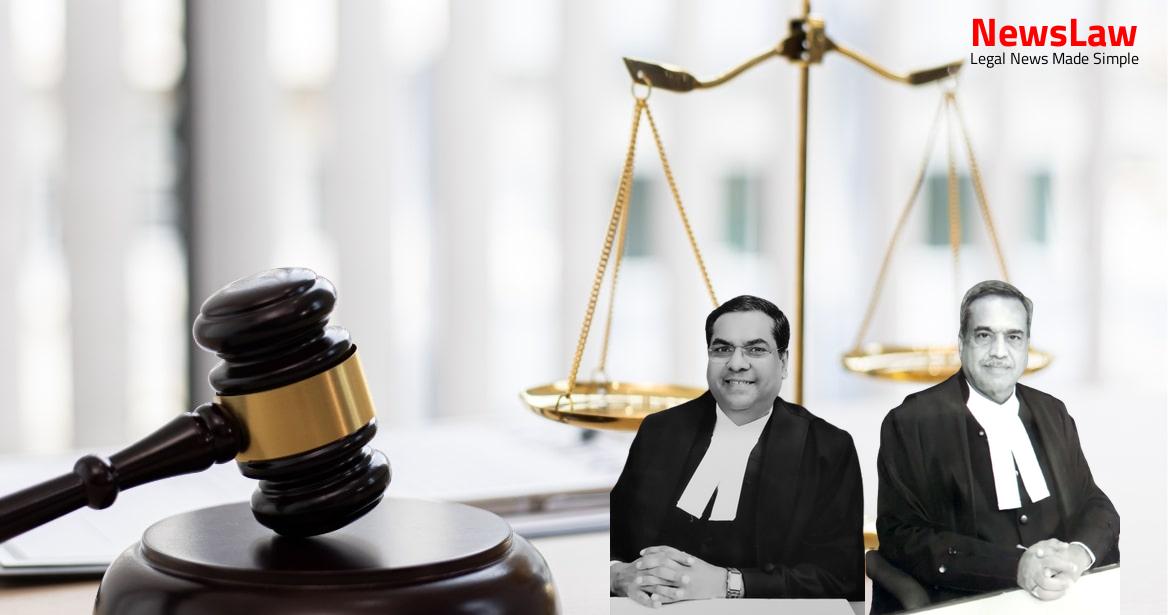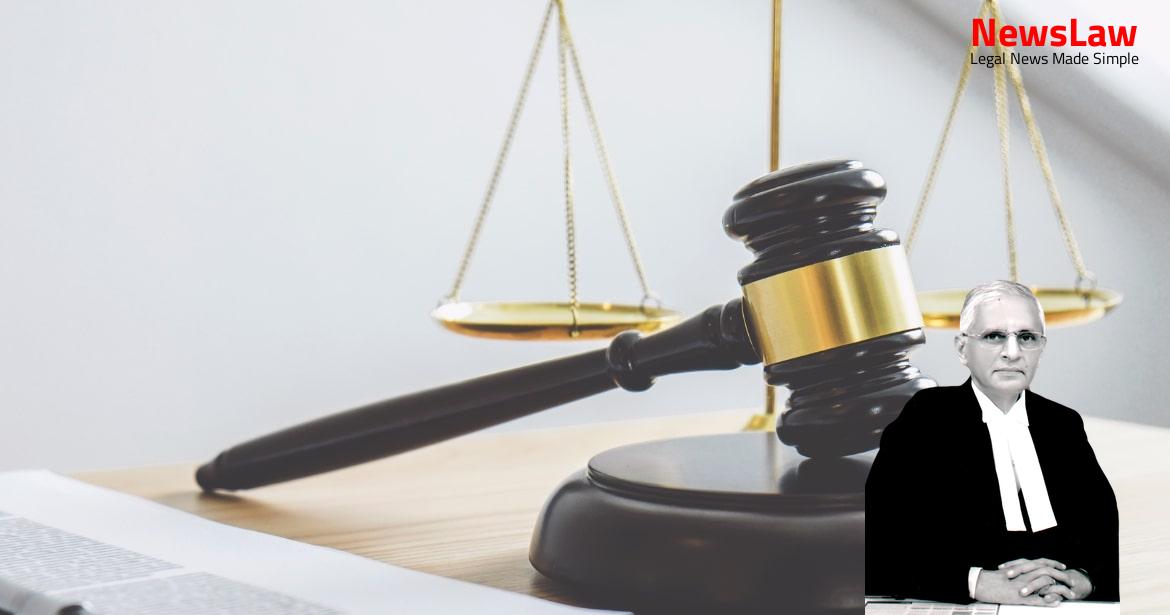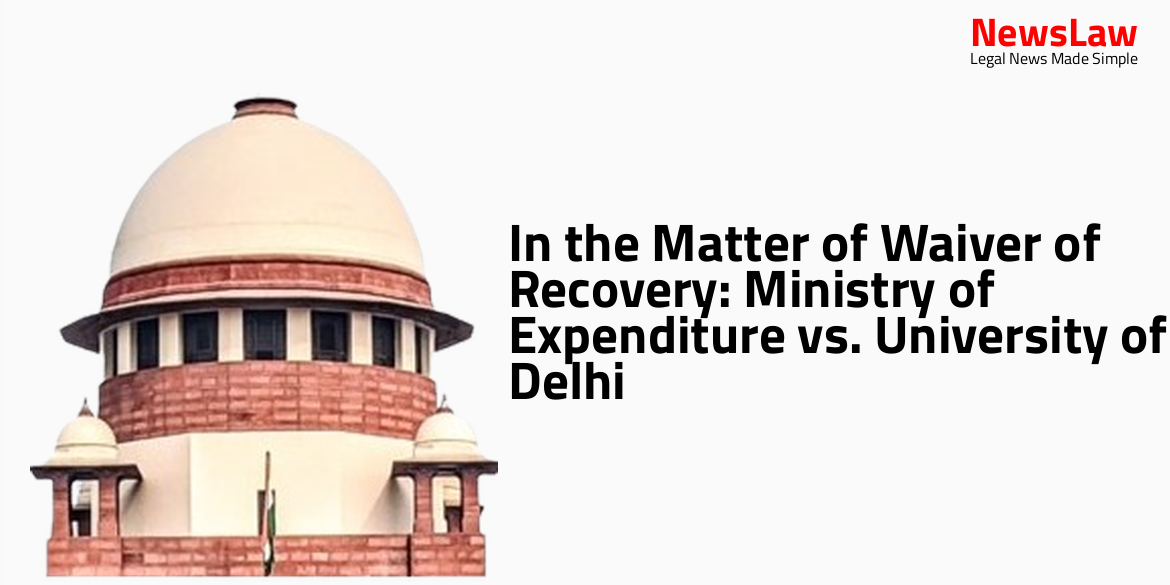Explore the court’s intricate legal analysis on the interpretation of residuary jurisdiction in insolvency cases. The case delves into the court’s approach towards preserving the ‘going concern’ status of the Corporate Debtor by navigating through the complexities of insolvency laws. Stay tuned to understand how the court balanced contractual rights with the overarching goal of maintaining the company’s viability during the insolvency resolution process.
Facts
- The Corporate Debtor allegedly failed to make requisite payments resulting in electricity disconnection.
- Clause 11(b) of Facilities Agreement allows termination for material breach not cured within 30 days.
- Appellant issued termination notice on 10 June 2019 due to multiple lapses in fulfilling obligations.
- Corporate Debtor claims minor issues were cured by Feb 2019 and met obligations per directions.
- Appellant invoked penalty clause for breach, terminated Agreement on 10 June 2019.
- NCLAT upheld stay on termination, Corporate Debtor invested Rs. 8.35 crores to comply.
- Corporate Debtor disputes termination notice citing remedied breaches by Oct 2018.
- CIRP initiated against Corporate Debtor on 29 March 2019, leading to payment delays.
- Appellant asserts material breaches by Corporate Debtor resulting in Rs. 20,78,500 liability.
- NCLT granted an ad-interim stay on the termination notice issued by the appellant
- Appellant directed to comply with the terms of the Facilities Agreement
- Contract termination appeared to be done without serving the requisite notice of thirty days
- NCLAT upheld NCLT’s decision, stating that the main objective of IBC is to ensure the Corporate Debtor remains a going concern
- NCLAT referenced Section 14 to emphasize that a moratorium is imposed to ensure the smooth functioning of the Corporate Debtor
Also Read: Electoral Malpractices in Mayor Election
Arguments
- The appellant’s counsel, Ms. Fereshte D Sethna, argued that the NCLT had misinterpreted Section 14 of the IBC relating to the provision of goods and services to the Corporate Debtor during the moratorium period.
Also Read: Balancing Power and Transparency: Electoral Bonds Struck Down, Disclosure Mandated
Analysis
- The NCLT can exercise its residuary jurisdiction under Section 60(5)(c) of the IBC to adjudicate disputes relating to the insolvency of the Corporate Debtor.
- Imposing an ad-interim stay on the termination of a contract is only permissible if it is central to the success of the CIRP.
- The NCLT does not have residuary jurisdiction to entertain contractual disputes unrelated to the insolvency of the Corporate Debtor.
- Section 238 of the IBC overrides any conflicting laws and grants the NCLT jurisdiction over disputes arising in the context of insolvency proceedings.
- The NCLT’s jurisdiction under Section 60(5)(c) pertains to disputes directly related to the insolvency of the corporate debtor.
- Interference with a party’s contractual right to terminate a contract should be carefully considered by the NCLT and NCLAT to preserve the Corporate Debtor as a going concern.
- A clause for arbitration in an agreement does not oust the jurisdiction of the NCLT under Section 238 of the IBC.
- In cases where a termination notice is motivated by the insolvency of the Corporate Debtor, the NCLT may intervene to preserve the company as a going concern.
- The NCLT and NCLAT have a responsibility to ensure the survival of the Corporate Debtor and can intervene if necessary to protect the company’s interests.
- The NCLT must evaluate the centrality of a contract to the success of the CIRP before invoking its residuary jurisdiction to stay termination.
- In Gujarat Urja (supra), a power purchase agreement was considered an ‘instrument’ under Section 238.
- Section 238 of the IBC overrides all other laws as per the decision in Indus Biotech (P) Ltd. v. Kotak India Venture (Offshore) Fund.
- The NCLT’s jurisdiction is not limited by Section 14 of the IBC in terms of grounds of judicial intervention as ruled in Gujarat Urja (supra).
- The narrow exception crafted in Gujarat Urja must be considered even while examining prayers for interim relief by the NCLT and NCLAT.
- The duties of the RP (Resolution Professional) and the jurisdiction of the NCLT cannot be conflated as clarified in the Gujarat Urja case.
- The termination of an agreement crucial for the revenue of the Corporate Debtor goes against the IBC objective of preserving the entity as a going concern, as decided in Gujarat Urja (supra).
- Section 238 of the IBC overrides other laws, including any instrument having effect by virtue of law.
- Section 60(5)(c) grants residuary jurisdiction to the NCLT to adjudicate any question of law or fact related to the insolvency resolution of the Corporate Debtor.
- The appellant is not supplying goods or services to the Corporate Debtor as per Section 14(2) nor recovering any property under Section 14(1)(d).
- The appellant is availing services and using property leased to it by the Corporate Debtor.
- The Court has clarified the law on the subject matter in Gujarat Urja after the pronouncements of the NCLT and NCLAT.
- The exercise of the NCLT’s residuary powers should be governed by the decision in Gujarat Urja.
- The NCLAT stated that the NCLT’s decision preserved the ‘going concern’ status of the Corporate Debtor, but did not provide a factual analysis on how termination of the Facilities Agreement would jeopardize the survival of the Corporate Debtor.
Also Read: Recall of Resolution Plan Approval: Legal Analysis
Decision
- The pending applications have been disposed of.
- The appeal has been disposed of with no order as to costs.
- The proceedings initiated against the appellant are dismissed for absence of jurisdiction.
- The judgment of the NCLAT dated 24 June 2020 has been set aside.
Case Title: TATA CONSULTANCY SERVICES LIMITED Vs. VISHAL GHISULAL JAIN (2021 INSC 780)
Case Number: C.A. No.-003045 / 2020



